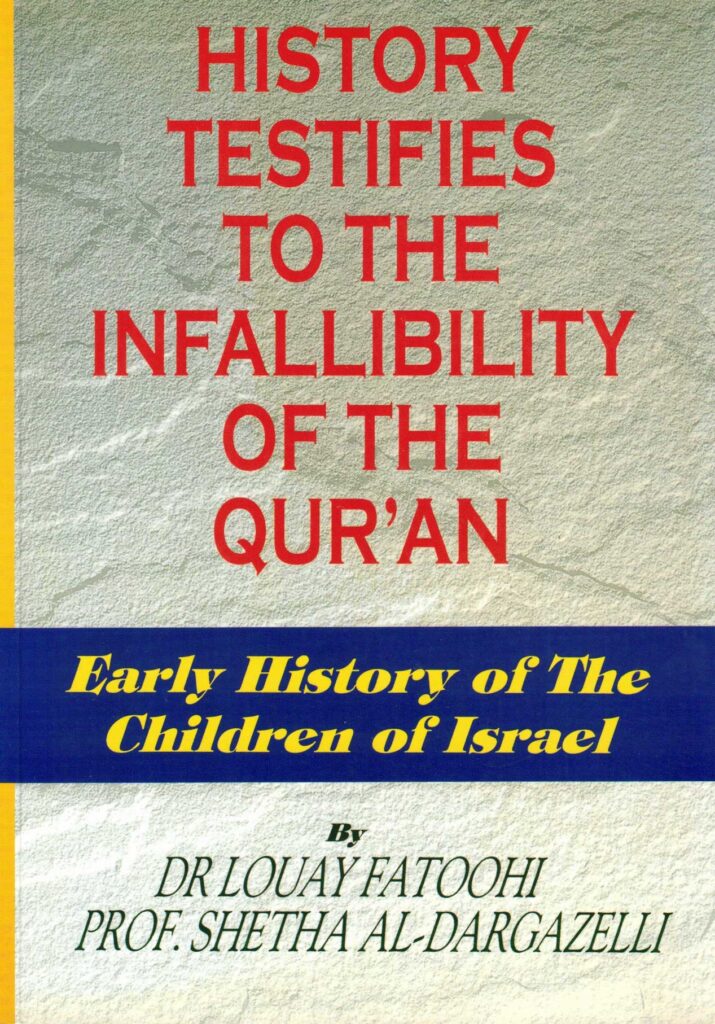Author: Louay Fatoohi; Shetha Al-Dargazelli
Subject: Qur’an
Publication date: 01 Jan, 1999
Page count: 288
Dimensions:
Internal inconsistencies in the Bible were never difficult to spot. In the 19th and 20th centuries, new data from archaeological excavations in sites of Biblical times has also exposed so many fundamental flaws in the Bible s account of history, including its version of the early history of the Children of Israel. Scholars differed in their reaction to this. Some chose to reject parts of the Biblical narrative and accept others which they considered reconcilable with attested historical facts. Other scholars simply decided that the exodus and related events are mere Biblical fiction. What scholars could not disagree on, however, is the unreliability of the Bible.
In their quest for an answer to the question of the historicity or non-historicity of the exodus and other Biblical claims about the early history of the Israelites, scholars made the most of every bit of textual and artifactual information that they gained access to. Yet throughout the long history of the scholarly interest in this subject, the Qur’anic account of the early history of the Israelites has been persistently ignored. This book amends this situation and highlights the very significant implications of studying the Qur’anic version of the exodus.
This book has three general conclusions. Firstly, unlike its Biblical counterpart, the Qur’anic account of the exodus is totally consistent and free of any internal discrepancies. Secondly, the Qur’an does not contain any claim that is contradicted by established historical facts. Immensely significant is the fact that the fourteen-century old Book reveals historical facts that came to the knowledge of man only in the 19th and 20th centuries. The third and equally significant conclusion is that the Qur’an includes information that expands our historical knowledge and gives answers to century old questions. In other words, the Qur’an contains historical information that does not exist elsewhere. Besides shedding light on the amazing accuracy of the Qur’anic account of the history of the Israelites in Egypt, this book also highlights stunning Qur’anic information about the life of Prophet Jesus. The view of many that the Qur’an was derived from the Bible is simply nonsensical.
The arguments of this book are not driven by emotion, nor are they baseless rhetoric. The methods used in drawing the conclusions are explained clearly and in detail so that they can be easily and independently evaluated. The challenge that the findings of this book represent is straightforward: if these findings cannot be shown to be wrong, they can only mean that the Qur’an could not have been authored by anyone other than Allah, the Perfect Historian.


